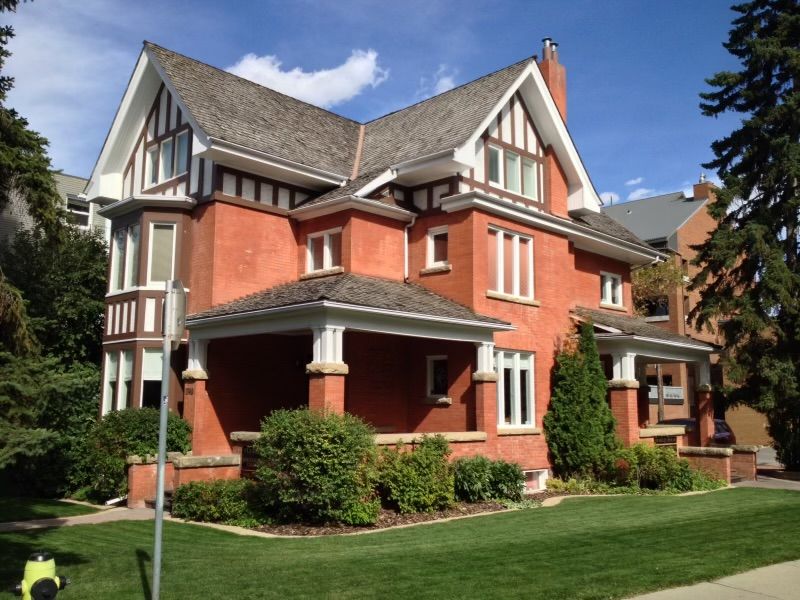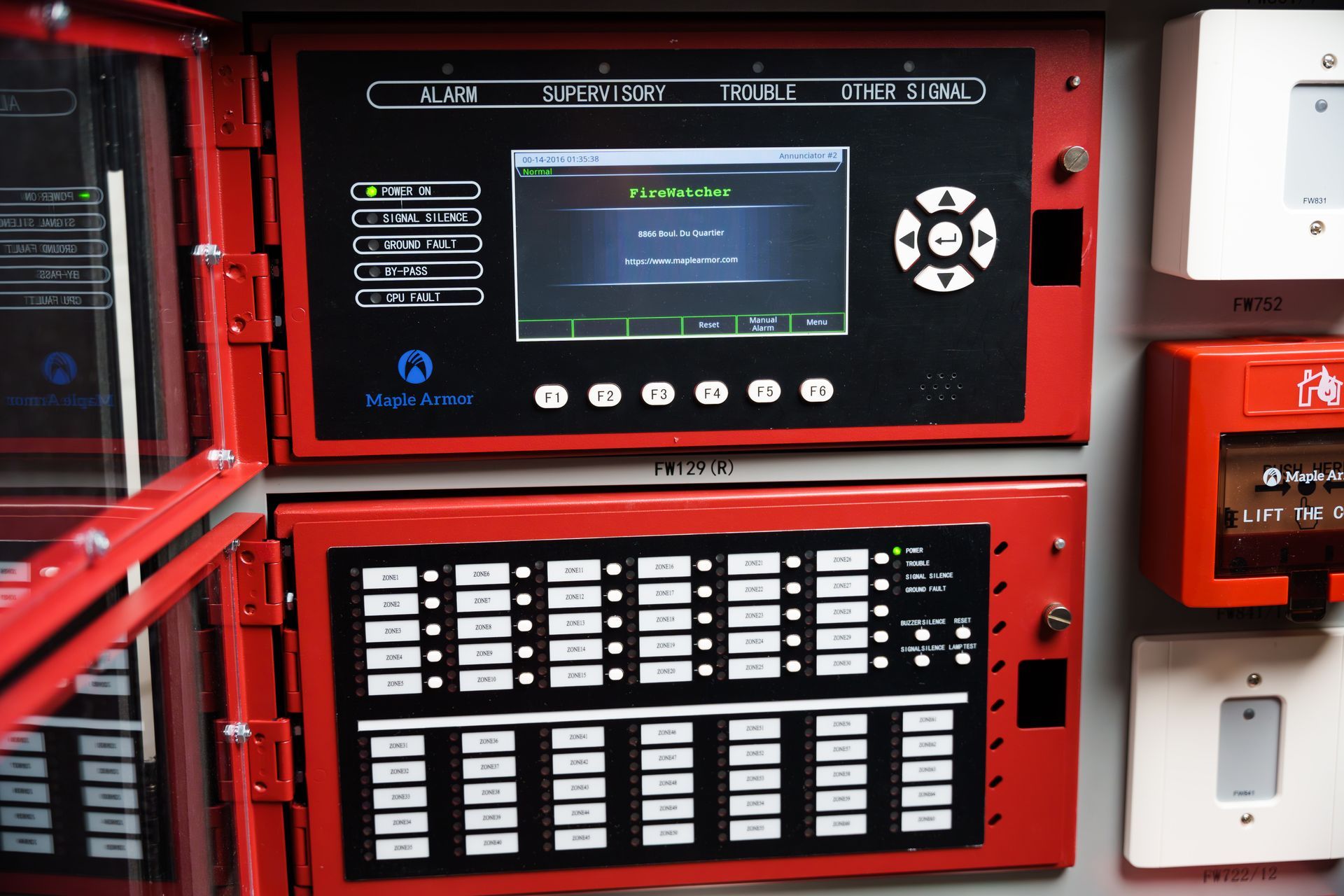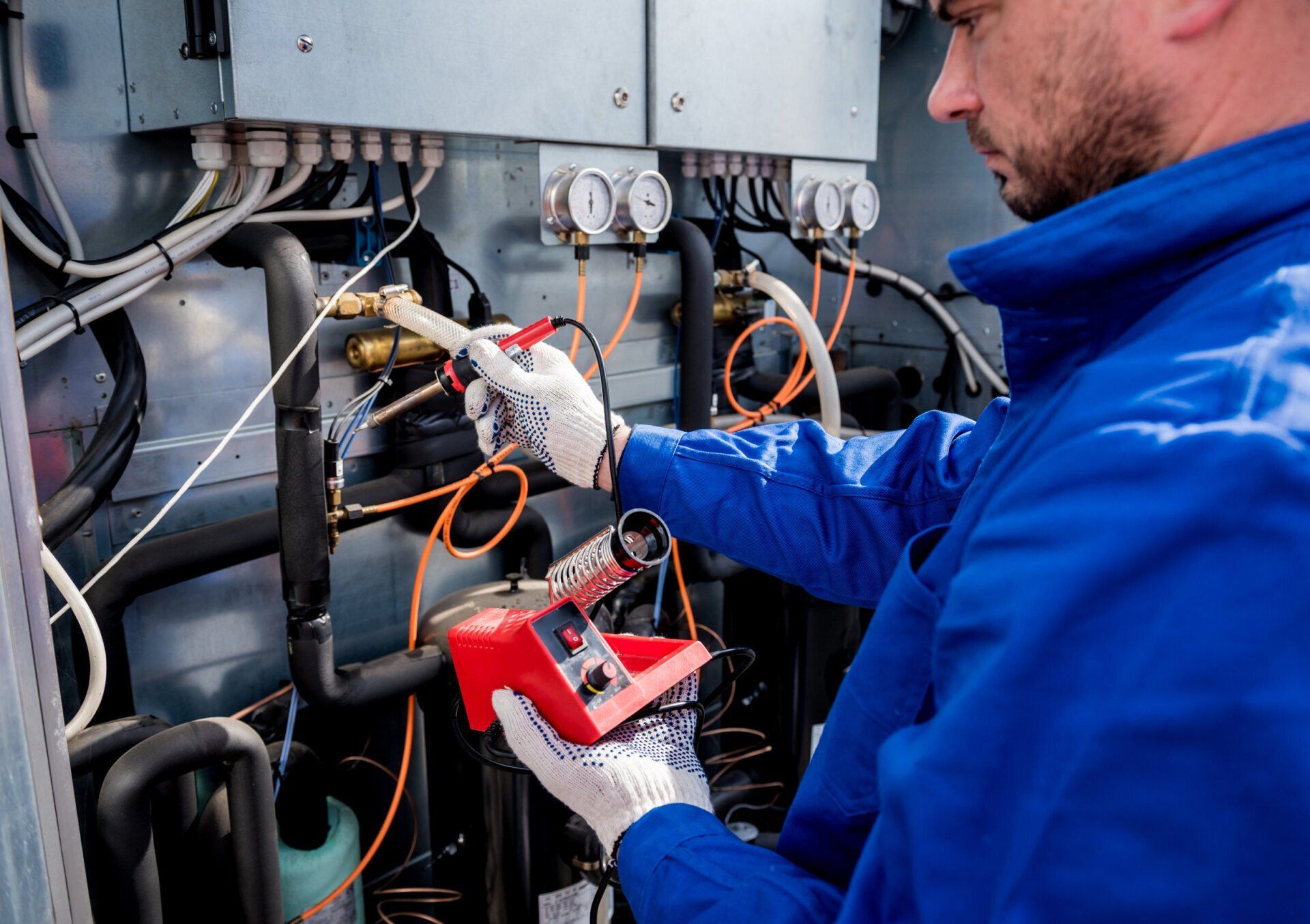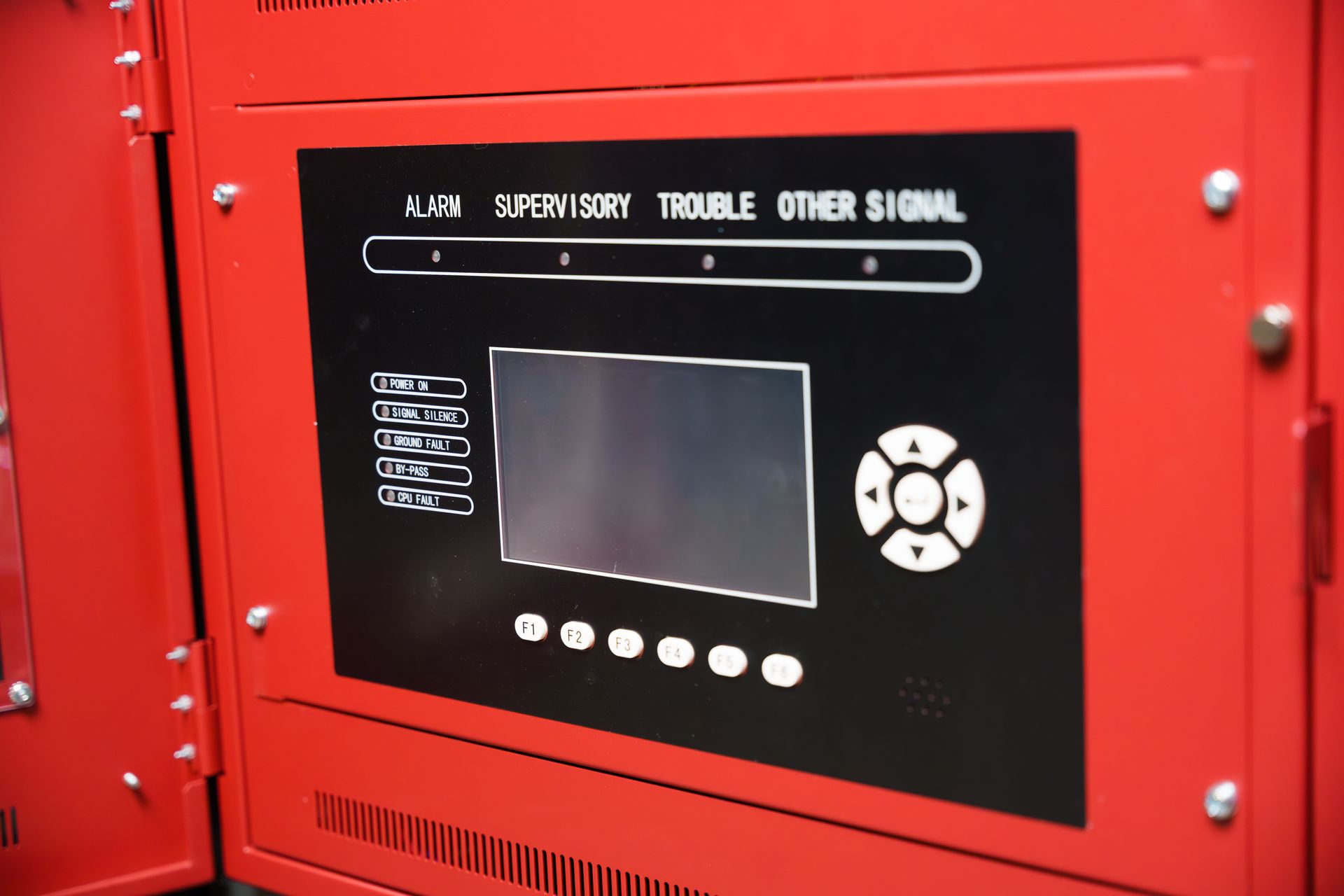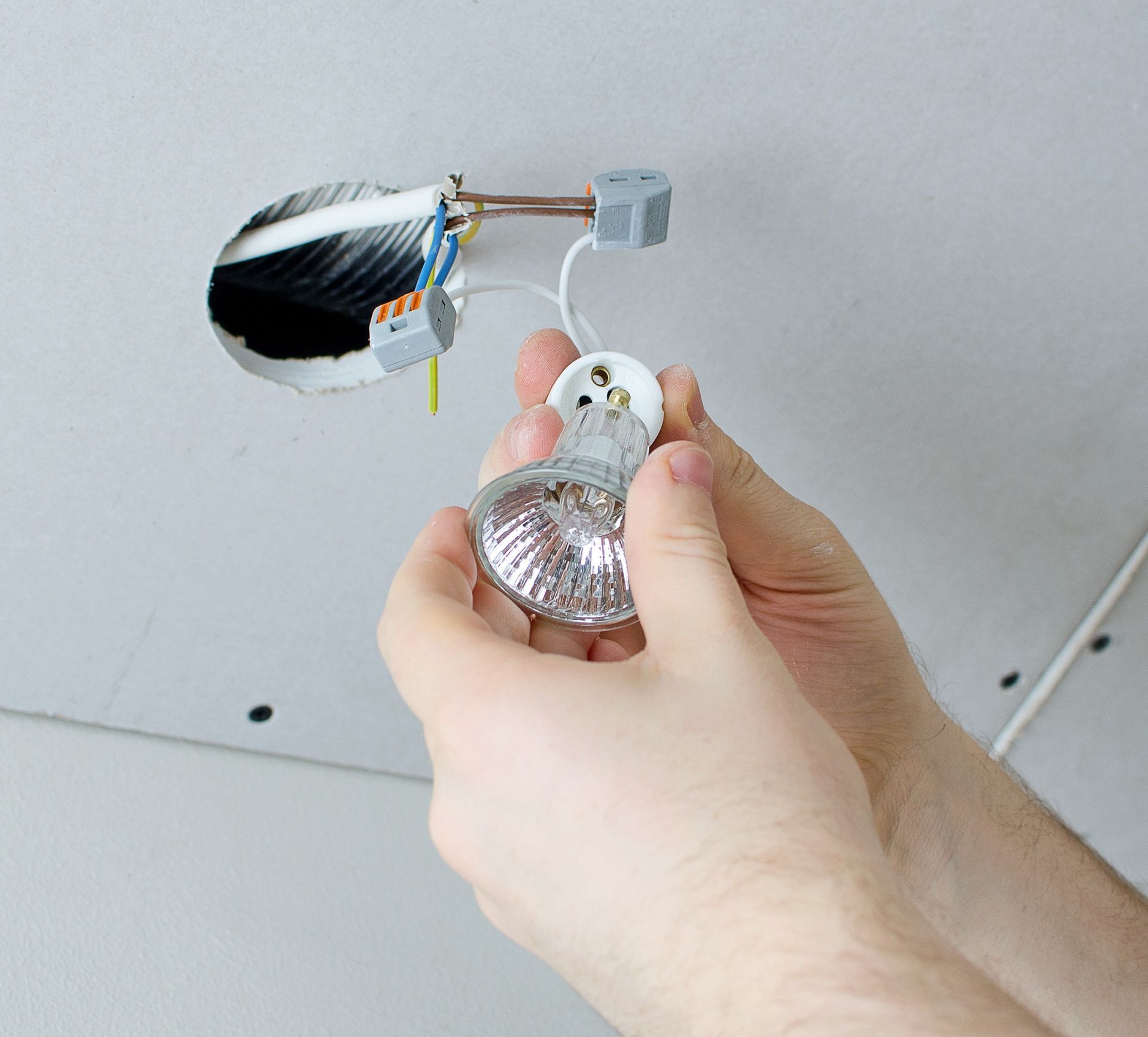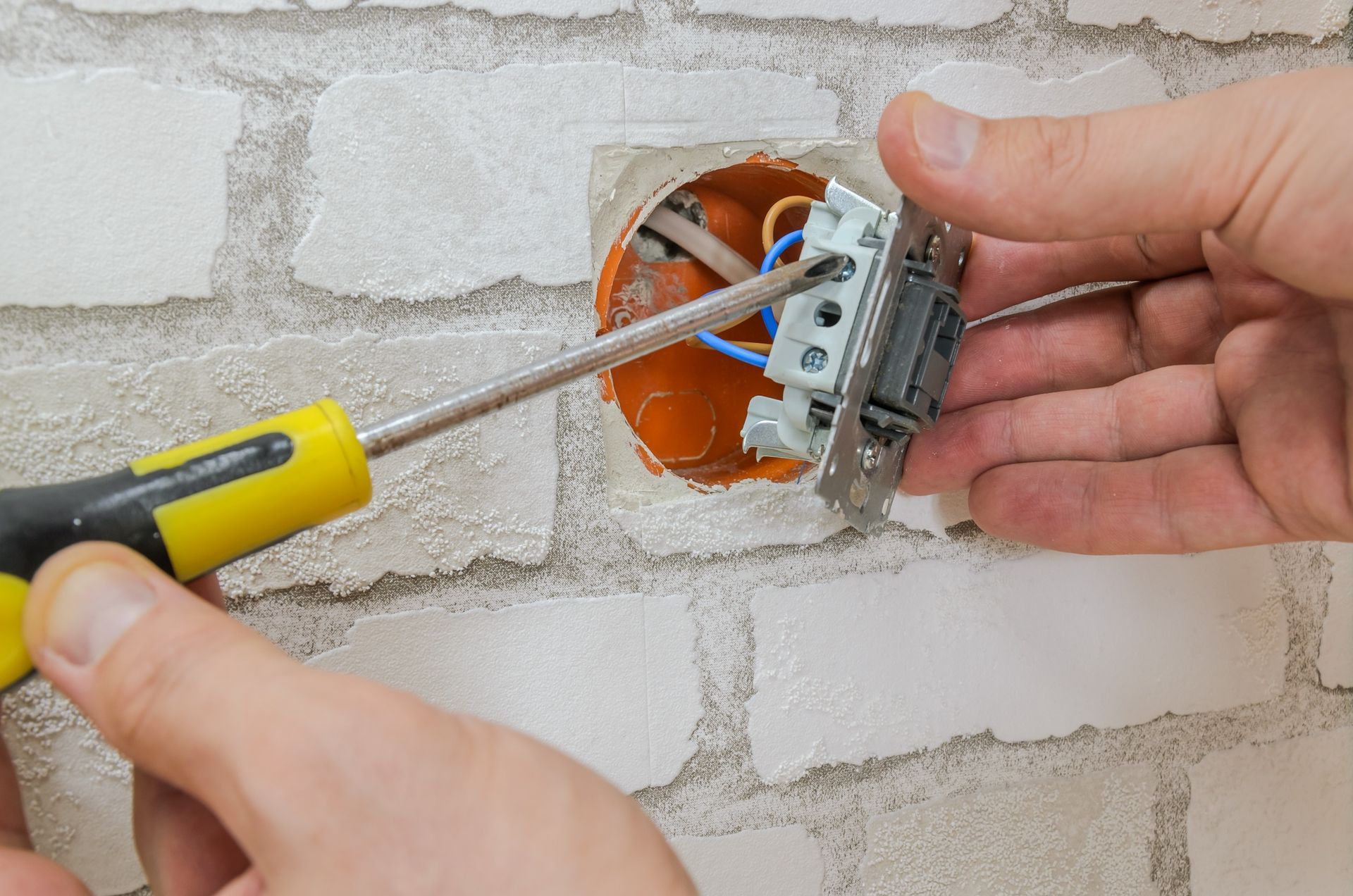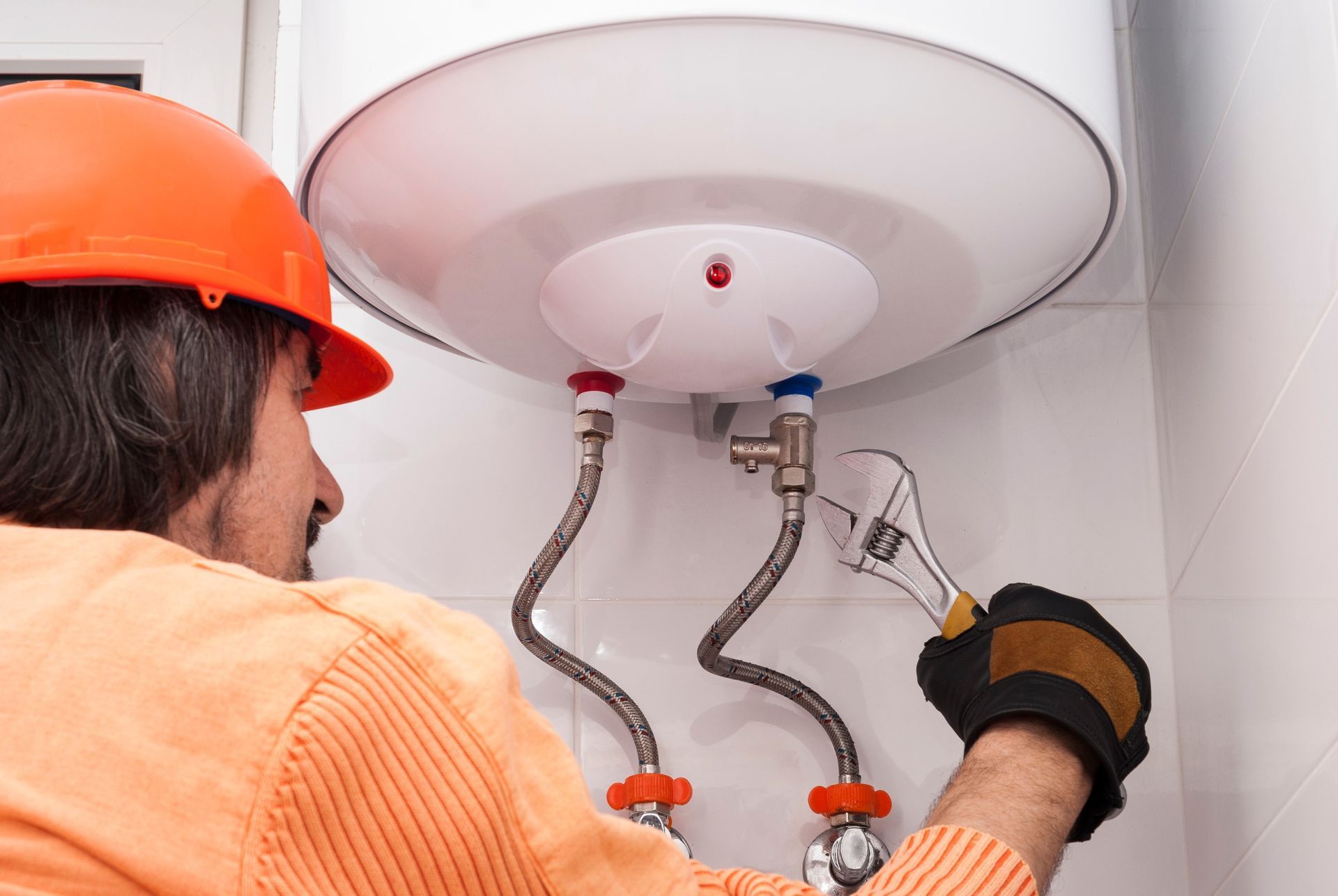
Top 5 Differences Between Residential and Commercial Electrical Installation
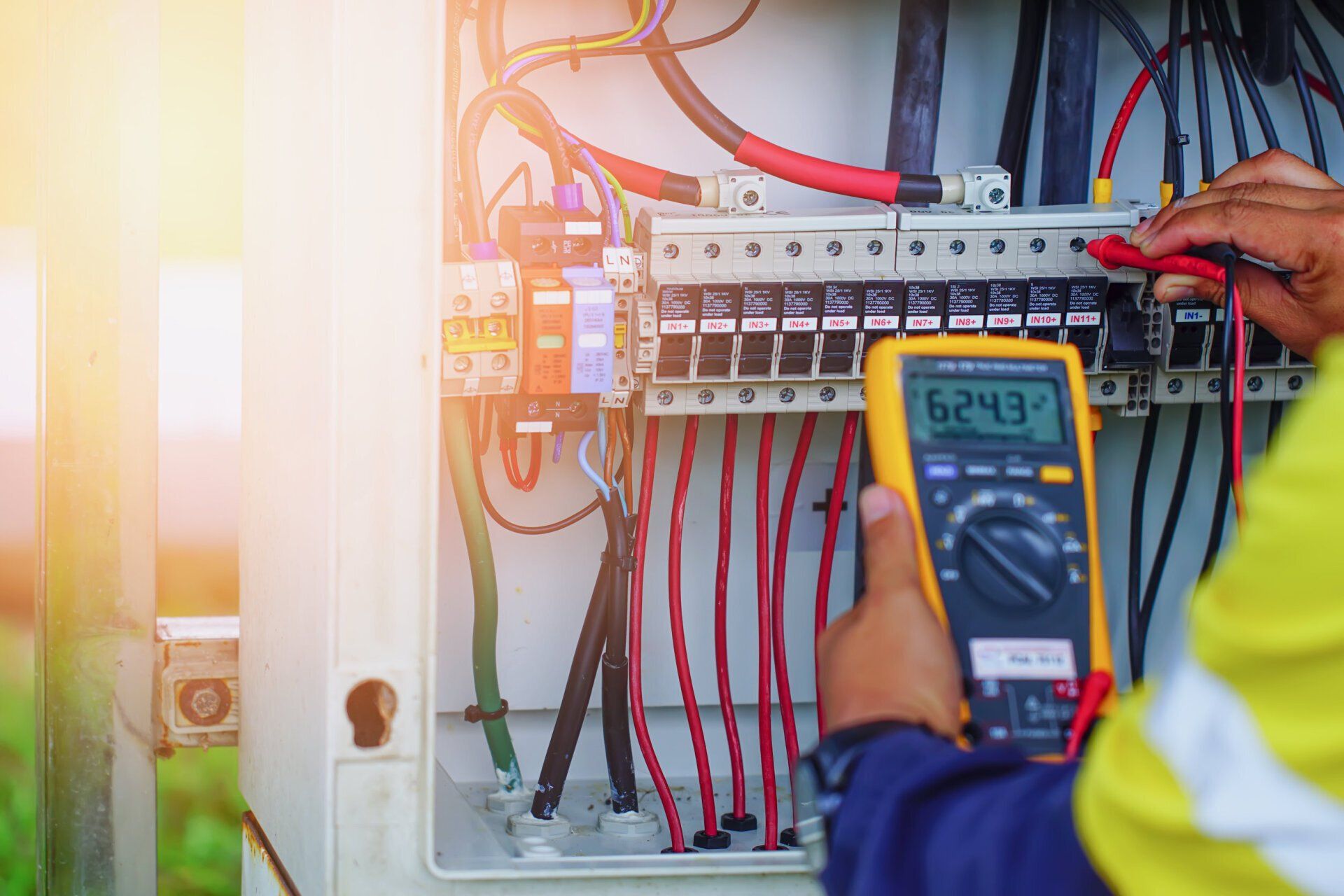
The wiring done in your home is known as residential wiring, and the wiring in your office or commercial establishment is considered commercial. The electrical installation done for both properties are different due to variation in the power requirement. However, most people don’t know where the significant differences lie. Understanding the differences can help you choose the right electrical contractors in Calgary for your residential and commercial projects.
Here we give you a low down on significant differences between commercial and residential electrical installation.
Power
The first major difference is the power phase used in both properties. In commercial buildings,120V phase to neutral and 208 volts between all three phases are used. On the other hand, in residential properties, 120V phase to neutral and 240V between two phases are used.
Utility companies also supply different amounts of power to commercial and residential buildings.
Wires
The wires used in both types of properties are also different. Tube-like conduits protect the cables used in commercial buildings for enhanced protection. They are also installed in open spaces so that technicians can easily access them.
The wiring in residential buildings is thinner and protected with plastic sheathing. The shearing protects anyone who mistakenly touches the wires from shocks.
Quality
Another major difference lies in the quality of the materials used in both properties. The materials used in commercial properties are far more durable and robust as they are used in outer atmospheres. Commercial buildings such as factories are prone to extreme heat, pressure, cold, and exposure to chemicals.
Commercial buildings also have power backup at all times that can handle such extreme conditions.
However, residential buildings don’t need such high-quality materials, but most electrical product manufacturing companies have a standard they need to maintain for residential buildings.
Location
The electrical wirings, panels, and outlets installed in each type of building also vary. In residential buildings, visible wires and panels are a big no as they can put children or pets in danger. So most of the installation is hidden behind the walls. Only power outlets and the primary grid are visible.
However, in commercial buildings, easy access is given priority over aesthetics.
License requirements
Electricians who work in commercial require different licenses from electricians who work in residential buildings. The skills, equipment, and training needed to work in commercial buildings are higher than in residential buildings.
Hence, it is essential to check whether the electrician you hire for your commercial projects is licensed and has prior experience and training to handle your project.
The electricians at Kantra Electric are trained and licensed to handle commercial and residential electrical installations.
About Kantra Electric Inc
If you are looking for a reputable company to help install a solar power system in your home in the Calgary region, Kantra Electric is what you need. With over 30 years of industry experience, we pride ourselves on the excellent quality and unmatched workmanship we provide. Our services include electrical installation in new homes, renovations, fire alarm installation and repairs, solar power installation, and emergency electrician services. You can reach out to us at 4033897414 or fill out our online contact form to know more.

Kantra Electric Inc
- Mon - Fri
- -
- Sat - Sun
- Closed
